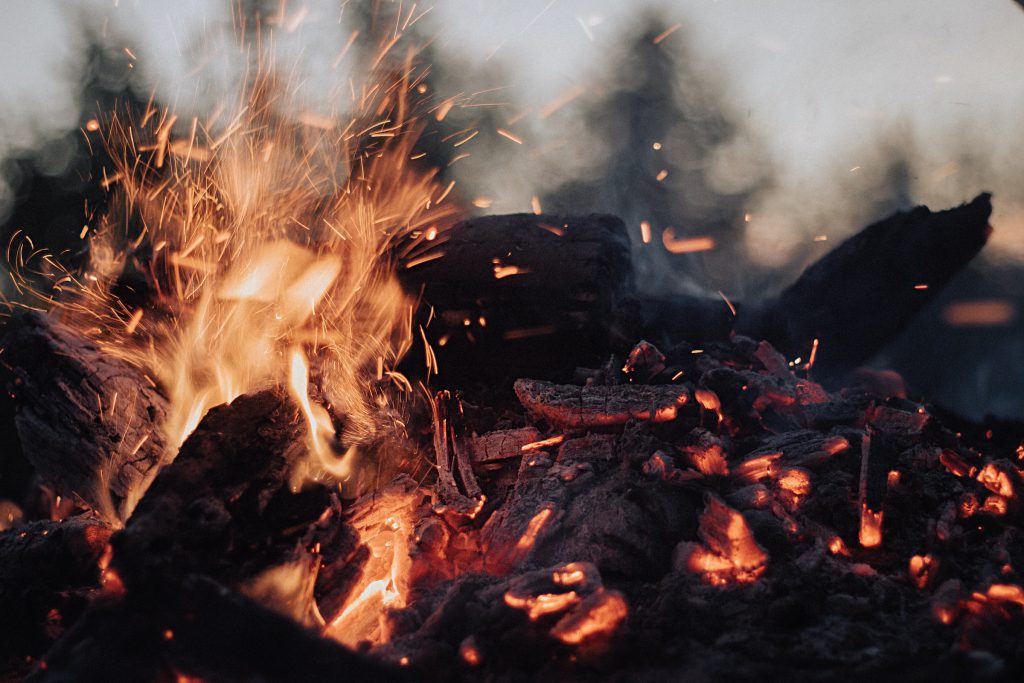In the picturesque landscapes of Belgium, many homeowners often contemplate burning their green waste in their gardens. But is it allowed everywhere and at all times? Could you be slapped with a fine? Let’s delve into what the law dictates across Belgium’s regions.

Wallonia: A glimpse at the green waste regulations
In the Wallonia region, burning vegetable waste is permissible, but only under specific conditions. For instance, the burning site should be at least 100 meters away from residences. The smoke resulting from the incineration should neither disrupt road traffic nor inconvenience the neighbors. It’s crucial to note that only vegetable waste can be burned. Any violations of the General Police Regulations can lead to an administrative fine of up to €250. However, burning non-vegetable waste or causing potential public health hazards can result in even steeper fines. In severe cases, the King’s Prosecutor or the regional sanctioning officer can impose heftier penalties.
Interestingly, barbecues are exempt from these regulations as they aren’t considered waste incineration. However, ensuring that the smoke doesn’t disturb the surroundings is essential.
If you notice neighbors flouting these rules, it’s always best to initiate a dialogue and inform them about the legislation. If they continue with their actions, contacting your local police officer to report the violations is the next step. For a more detailed understanding, the Wallonia region has published a comprehensive brochure on this topic.
Brussels-Capital: A stricter stance on waste burning
In the 19 municipalities that make up the Brussels-Capital region, burning waste at home is strictly prohibited, regardless of its type. The only exception is incineration using a burner equipped with an efficient smoke purification system, but this requires a specific environmental permit. When it comes to stoves, only untreated raw wood residues are allowed to be burned. For more insights into the Brussels legislation, the Brussels Environment website offers a wealth of information.
Flanders: Navigating the waste burning landscape
Flanders, much like Brussels-Capital, generally prohibits open-air waste burning, even in gardens. This ban extends beyond the burning of paper, plastic, and other debris, encompassing green waste and wood residues as well.
However, there’s a silver lining. Similar to Brussels, Flanders permits the burning of untreated raw wood and fossil fuels in outdoor heaters, provided they have an approved filtration system. For a comprehensive understanding of these regulations, the Flemish regional website dedicated to the environment offers extensive resources.
Conclusion: Embracing sustainable waste management
Belgium’s diverse regions, each with its unique charm, have one thing in common: a commitment to preserving the environment. While burning green waste might seem like a quick solution, it’s essential to understand and respect the regional regulations. Not only does this prevent potential legal repercussions, but it also contributes to a cleaner, greener, and more sustainable Belgium.
As we move towards a future where sustainability is paramount, understanding and adhering to these regulations becomes not just a legal necessity but a moral responsibility. After all, every small step towards a greener future counts.

 Open Immovlan
Open Immovlan